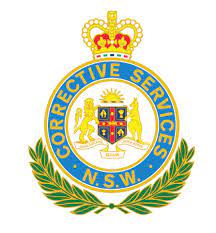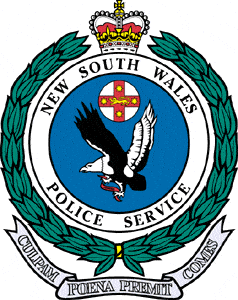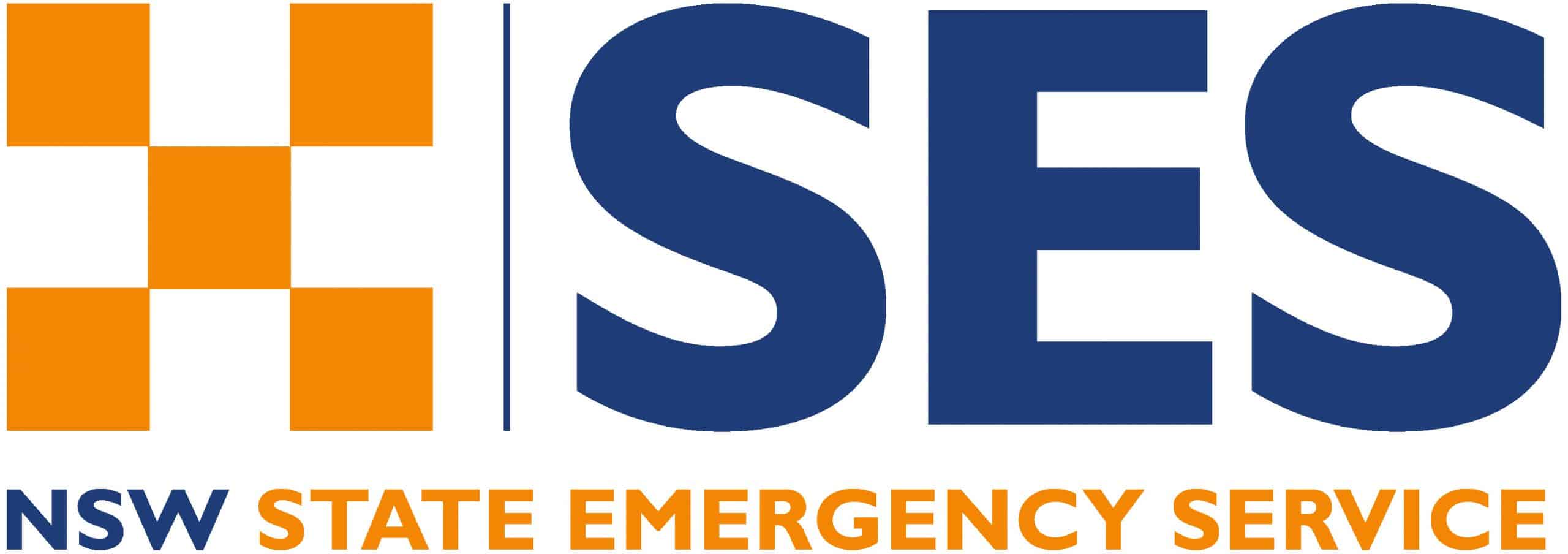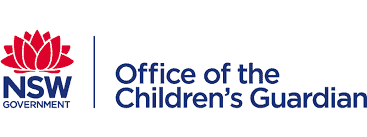Due to a monumental c*ck-up, my company, Southern Cross Coaching & Development, missed out on what was potentially a $2.5million tender contract. To say I was not happy would be somewhat of an understatement, shall we say!!
However, I’m very glad I chose to react the way I did – for a number of reasons^. And especially as it taught me some great lessons – not just in my business, but as a leader, and in general as a human.
Let me make this clear that this all happened about 12 years ago – so nothing to do with anyone in my company now, is what I’m saying…apart from me, of course! Back to the situation…
We decided to put in a submission for a ‘Request for Tender’ from a very large Federal Government department to be on their national Conflict Management and Executive Coaching panel, for 3+ years. As I said, it was potentially a $2.5million tender contract, and a very big deal at the time.
I was very excited about this opportunity, as we had (and still have!) a very experienced team of over 30 Executive Coaches, many of whom also had great conflict management & conflict resolution skills. I thought we’d nail it!
So, even though we absolutely hate doing Tenders (we call them ‘Brutals’, because there’s nothing ‘tender’ about them 🤣), we dived in.
Anyone who’s responded to a large government tender (at any level of government) will know there’s a LOT of hard work that goes into them. For me and my Operations team they are THE Single. Worst. Thing. about doing business with government. But worth it if it works, of course it’s worth the grind.
***Sense of humour warning*** If you’re in government procurement and reading this, then let me quickly say there’s nothing to see here…boring…yaaawn… move on… I suggest you either delete this email immediately and move on to something else or skip to the ***procurement people welcome back*** section… 😎 If you choose to continue reading, please understand this is purely meant as a tongue-in-cheek-comedic view for marketing purposes and effect, and you continue at your own risk, and I take no responsibility for what may result 😉
About ‘Brutals’
Reading the ‘Brutal’ documentation in itself is usually the first great cure for insomnia 😴🛌💤
Then you’re gagged and aren’t permitted to talk to anyone to find out the on-the-ground, reality-based reasons for why they want these services, and can’t do an in-depth needs analysis as we would normally do.
You can only ask questions in writing, with the answers often coming back along the lines of “see Section 2.1, Clause 12.8.6, points i. to ii”… which was what we didn’t understand in the first place and wanted clarification on🤦♂️🤪
Answers also include things like: “please provide the services asked for as per The Requirements. However, we are open to alternative options should you have some”. But the documentation doesn’t allow you to scope out or price your options because it doesn’t fit in with the Brutal submission form structure… and you’re only allowed ‘2’ attachments.
Oh, and to add to things, they’re trying to make our lives easier 😓 and are limiting responses in each section to what they clearly think is a ‘generous’ 275 words.
As I’m sure most of you know from various online job applications, the smaller the number of words the longer it takes to write (as Mark Twain said, sorry I wrote you a long letter, I didn’t have time to write you a short one”).
Ok, right, now I’ve got that off my chest, ***procurement people welcome back***
Over 5 weeks of sweat and toil for me and my then-Operations Manager (over Christmas and New Year for me as the Brutal was released on 18th December with a 25th Jan deadline!), we lodged our ‘Brutal’ submission, just before the deadline 😅
We were proud of it – particularly as we were a small team, and it was such a lot of work, stress and pressure.
Then we waited. And waited. And waited some more…as is often the case (the longest I’ve waited for an outcome decision for a ‘Brutal’ is 18 months – yes, seriously! For another large Federal government department. They were supposed to get back to us in 3 months according to the documented timelines….”we had a bigger than expected response” (I could have told you that!)… Deep breathing 🧘… don’t get me started again 🤣
Anyway, when we did hear back, about 5-6 months later, it was not the news I was expecting. “Sorry, you’ve been unsuccessful in your submission.” ‘Thanks for your time, see you again in 3 years’ was essentially the message.
So, as always, I asked for feedback on the submission. 6 weeks later, I and my Operations Manager were sitting side by side at our boardroom table, speakerphone in the middle, and the Government Department panel on the other end of the line.
After the pleasantries, we got down to the matter in hand. The conversation went something like this:
“We thought section 1 about your company was excellent, a really good start. You clearly have some excellent coaches and services, and we were impressed with your awards….”
“Thank you…” [yeah, great, but get on with it, I was thinking!]
“However, after reading Section 1, from then onwards we unfortunately couldn’t effectively read your submission…”
“Oh, that’s a surprise! Please tell me more…”
“Well, the document you uploaded and submitted seemed like a draft… the rest of the submitted document was in Track Changes – there were so many red line edits and crossings-out, comments, and corrections we simply couldn’t make enough sense out of it. With over 800 submissions we simply couldn’t take the time it would have required. And we couldn’t de-PDF it and accept the changes as that would be against procurement protocols and deemed as tampering with the submission, so we unfortunately we had no choice but to reject it”.
I was stunned. My Operations Manager was stunned.
There wasn’t much more to say after that. So, I simply said “thank you for taking the time to talk to us, we very much appreciate it”, and the speaker went dead as we all disconnected.
Imagine the situation.
I was shell-shocked. I was furious. I was gutted. Disappointed. Frustrated. All that time and effort for nothing!
Imagine now how my Operations Manager felt.
My Operations Manager sat there, not knowing what to say – she was the one who had uploaded the wrong document.
We sat there, in silence. Thankfully. That was the first lesson I learned. I took my own medicine (a huge dose!), and kept my mouth shut. Stop. Breathe. THINK. Then act – appropriately.
I breathed. Slowly and deeply. I thought. I breathed some more.
This was a pivotal moment.
I instinctively knew that how I chose to react in this situation would have huge ramifications for the future.
I again took a very large dose of the ‘Coaching Leadership medicine’ that I teach leaders in our T.O.A.D.™ Coaching Leadership programs.
That medicine is that as leaders we need to be solution focused.
That doesn’t mean leaping to conclusions and diving head-first into fix-it mode though. What it means is asking the question I thankfully managed to clear my brain and ask:
I looked at my Ops Manager, put on my and said:
“Clarissa*, what can we do to make sure that never happens again?
She let out a huge sigh of relief and slumped forward, tears of relief in her eyes.
She looked directly at me and simply said: “Simon, I’m so glad you asked me that question”.
That question opened the door to psychological safety and moving forward – for us both.
I let out a sigh of relief. I slumped forward. “Ok, wow, thanks Clarissa*. And thanks for responding like that.”
“I have absolutely no doubt there are things I’m responsible for that I can do better, so I want to hear your thinking about what we, together as a team, need to do in the future to prevent this. We can’t change this outcome, but together we can make sure it doesn’t ever happen again.”
We agreed to go make a coffee and reconvened an hour later with our thoughts.
I asked: “Ok, what’s your thinking about what I and we can do to make sure this never happens again?”
Clarissa responded: “Well, for starters we need our own internet (we were in a shared office at the time) as this one is too slow for what we’re doing, and it puts me under unnecessary pressure.”
“OK”, we can do that, I replied.
Second, please, when I ask you to look over something like the ‘Brutal’ draft, please prioritise it – and do it – for the day before so its all finalised and then allows me time to get things organised ready for submission”.
My face reddened as it was a very fair call – I’d got caught up in something else and had got the info to Clarissa last-minute, much later than we agreed. “I hear you. I’m sorry for not prioritising it and putting you under pressure. I’ll change that.”
“Thank you. I’m sorry this all happened. I’m so gutted, this is so not me!” Clarissa* replied with a tear in her eye. “I know”, I responded softly. “Let’s work through it together”.
Clarissa continued with her solutions: “So, we also need to agree to label the files better so I can see easily see under pressure which file is which. And have a separate “For Submission folder”.
The conversation continued. Constructively. Respectfully. Amicably. Solution focused. Coaching Leadership.
And most importantly, these were HER solutions, not mine. She came up with way more things than I would have thought of. That’s so important and something we teach to Coaching Leaders. When somebody comes up with the solution themselves – is allowed to and given space to – come up with their solutions, they can get huge bursts of dopamine, oxytocin and serotonin in their brains – that means they’re more likely to own those solutions and they take more responsibility for them – and are much more likely to action them.
Interestingly, the leader ALSO gets the same burst of chemicals, so it’s a win-win – rather than a leader telling people the solution, where usually just the leader gets the feel-good neurotransmitters and the other person usually goes away with a ‘meh’ 😐😑😕 feeling at best.
Talking to my current fantastic Operations Manager as I’m writing this, we still have the changed processes and checks Clarissa* put in place and have continued to build on them.
Now take let’s rewind and replay the scenario again. Let’s step back to the moment straight after the speaker phone clicked silent. Clarissa* and I sat there in the boardroom in shock.
If I’d have asked “Clarissa*, why did you do that?” or similar, what do you think would have happened? How would most people have responded in Clarissa’s situation? How would you have responded?
Nearly every time in these sort of situations where someone has made a major (or minor!) mistake, those “why did you do that?” or “why did that happen?” questions open the door to defensiveness, attacking, blaming, shaming, deflecting and dodging responsibility, trying to hide things or cover them up.
If I’d have asked that, our relationship would extremely likely have spiralled down into an unrecoverable black hole. Clarissa* would see me as not taking any responsibility and completely blaming her – which was unfair at the very least!
At best, she’d likely be extremely disengaged and disenchanted with me as a leader. She’d care less, if at all, about me & my business and would highly likely be ‘quiet quitting’.
At worst she’d feel I’m not taking any responsibility for my part and dumping all the blame on her and crushing her under that weight – making her life hell; she’d feel over-worked, over-whelmed and under-appreciated. She’d also likely be looking for a new role very soon afterwards – if she even stayed the rest of the week.
Obviously if this was the second or third time this had happened, different conversation, of course. However, Clarissa was fantastic, nothing like this had ever happened before. She was consistently extremely diligent, super-thorough, great attention to detail, very process driven – which is why I’d employed her… because they were her strengths, and at best my ‘development areas! We had complementary but also quite opposite work strengths, and because of that we needed to meet in the middle. I had to move, so did she.
Like all humans, we ALL make mistakes. I made and still make mistakes. And some whoppers at that! Clarissa made mistakes. We both made mistakes – and often had differing levels of responsibility for those mistakes. I defy anyone reading this to say they’ve never made a mistake (unless they’re a narcissistic, Machiavellian psychopath, lol!).
One huge part of being a Coaching Leader means taking a solution focused approach. And usually hearing other people’s solutions first. Asking those Coaching Leadership questions like “what can we do stop that happening again?” Note the “we” in the question (and meaning it, btw!). Taking mutual responsibility.
So, if you’re keen to find out more about our in-house T.O.A.D.™ Coaching Leadership program, which is now globally accredited with the International Coaching Federation**, get in touch.
** Our T.O.A.D. Coaching program is globally accredited with the International Coaching Federation for EIGHT Continuing Coaching Education Units (CCEUs): 6 x Core Competencies and 2 Resource Development)
























































